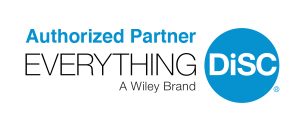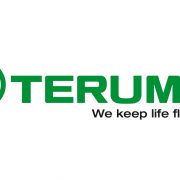Benefits of Personality Tests
Behavior assessments can provide key insights into what makes a person tick. And there are many good reasons to consider completing a behavior assessment like DiSC®. The benefits of personality tests can be wide-reaching, from the personal to the professional.
Why Take a Personality Assessment?
Tests and assessments that look at how a person behaves can provide valuable insight into what makes someone act the way that they do. Recognizing patterns of behavior and understanding how and when they appear can be really instructive for folks.
This kind of information can be used as a personal roadmap for improvement based on someone’s goals and objectives. Being self-aware with regard to behavior patterns can allow for better relationships with coworkers and less conflict; when conflict does arise, understanding others’ point of view can lead to faster resolution.
For example, let’s say Susan took a personality test and finds that her style is described as conscientious. She knows she’s good with numbers and doesn’t put as much effort into building interpersonal relationships at work.
Her results profile points out that others might see this kind of pattern and think Susan’s aloof, when really, she isn’t. Susan now realizes that this is an aspect of her personality that she can work on, especially if she wants to be considered for department manager someday.
Benefits of Personality Tests at Work
When companies offer assessments like DiSC profiles, it’s possible to measure the strengths and weaknesses of individuals or groups. The results are applicable across disciplines like management, sales, or customer service roles, because the emphasis is on behavior patterns rather than job specifics. Some companies use the tool as part of the hiring process, while others use it for in-house evaluation in anticipation of professional advancement opportunities.
The benefits of personality tests may be most apparent when used for team building activities. When used in a group setting, testing can illuminate the similarities and differences among staff members and lend solutions for issues like conflict resolution.
Using DiSC® as an example, imagine that a team of 12 people was made up of 8 folks who were identified as dominant types, while 3 others were influencers, and the last person was characterized by steadiness. This group is clearly imbalanced, with an over-abundance of folks who are action-oriented and big-thinking extroverts.
With the self-awareness made possible by personality testing, members of the team can better recalibrate their approach to projects, taking turns being in charge and understanding the need to pitch in and carry out more mundane or behind-the-scenes work, simply because it needs to be done.













